Top 7 New Zealand Culture, Customs and Etiquette
Should you remove your shoes when visiting friends? Should you greet those on elevators with a smile? When thinking about the dos and don'ts in your own ... read more...nation, these questions might not seem like the most obvious ones, but things that you might not even consider at home can have a major impact abroad. Here is a list of New Zealand's Culture, Customs and Etiquette.
-
Mori cultural encounters are well-liked tourist attractions that attract plenty of visitors, but as with any two cultures that come into contact, there is potential for miscommunication. Ceremonial difficulties and welcomes have often proven to be more intimidating for tourists than they had anticipated.
Please refrain from talking and laughing during these sober occasions. Later, laugh and tell jokes. After the hangi is lifted, there will be plenty of time to unwind. Although relations between Mori and non-Mori New Zealanders are generally good, they have occasionally become strained.
Also keep in mind that New Zealand is, by many measures, still a very young country, and that its identity is continually developing. Although New Zealand coinage features images of British royals, the country is an independent member of the Commonwealth, and it can be offensive to some to claim that it is almost identical to the UK. Commenting that New Zealand is subservient to the UK is sometimes admired and other times despised.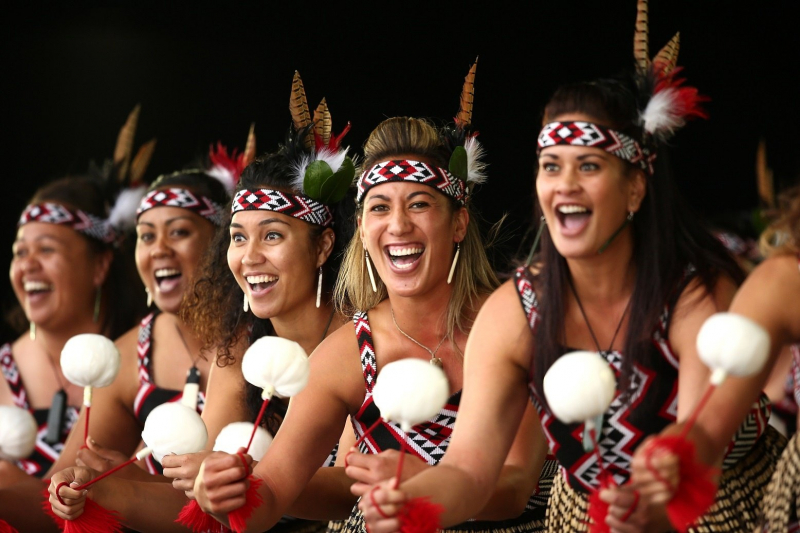
http://www.tripzilla.com/ 
https://sheiswanderlust.com/ -
You may be greeted with a casual "gidday!" or "Kia ora!" (Hi) or "Kia ora, bro!" since New Zealanders are refreshingly laid-back, unassuming, and devoid of pretense (Hi, mate). Unless you're on business or have a diplomatic event to attend, you can leave your suit and tie at home; even the best restaurants just demand decent dress. Dress codes are as informal as the pleasantries.
Although the legal drinking age in New Zealand is 18, you may be requested to present identification to prove your age. This identification must be either a New Zealand driver's license or a passport; international driver's licenses are not recognized.
More and more countries are banning smoking. According to smokefreecouncils.com, it is prohibited on all public transportation, in all public buildings, and in some outdoor spaces. It is pleasantly simple to tip in New Zealand. Although it is not customary to tip, outstanding service in restaurants and coffee shops is appreciated.

https://newzealand-4u.blogspot.com/ 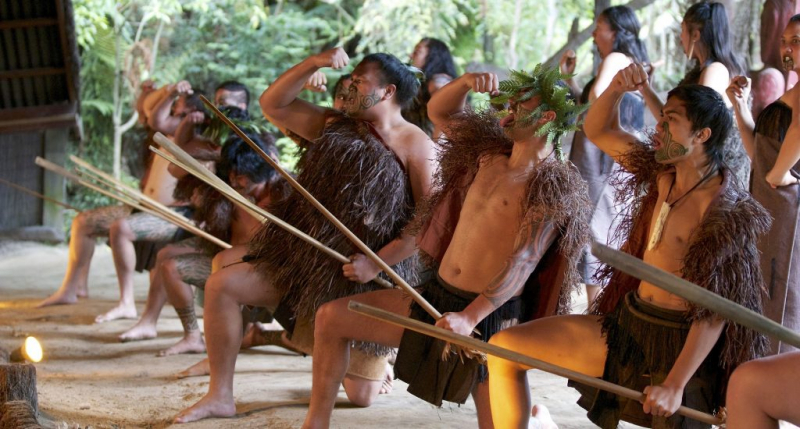
https://learningmanagementdesign.blogspot.com/ -
Sadly, a lot of British eating habits were introduced to New Zealand. A lot of diets are comprised of a steady diet of meat pies and fish and chips. Curries and Chinese delivery complete the unhealthy convenience-food diet that too many Kiwis maintain. Other favorites include a lot of ice cream and sausages on white toast. Pavlova, a layer of meringue topped with whipped cream and fruit, is their preferred "fancy" dessert. Kiwis frequently just refer to this dessert as "pav" to save time because it is such a significant part of their culture.
But things are starting to shift very slowly. People are becoming more aware of the value of a balanced diet and the fact that veggies may do more than just spruce up your plate. The population of New Zealand has become more diverse, which has expanded the variety of foods available. Along with European and Indian products, there are increasingly more Asian foods available in stores. Additionally, families are being urged to enjoy meals together more frequently. Similar to North America, hectic lives have caused family members to get food on the fly at various times.
It is acceptable to bring a bottle of wine, some beer, or food if you are invited to a party at someone's house in New Zealand. You should bring food and drink to share if the host requests that you "bring a plate" because the event is a potluck.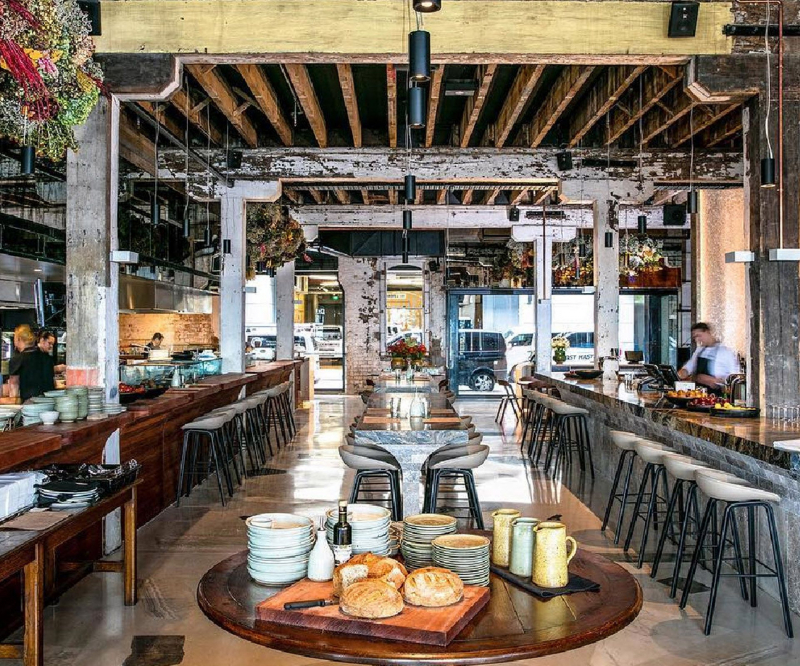
https://www.pinterest.com/ 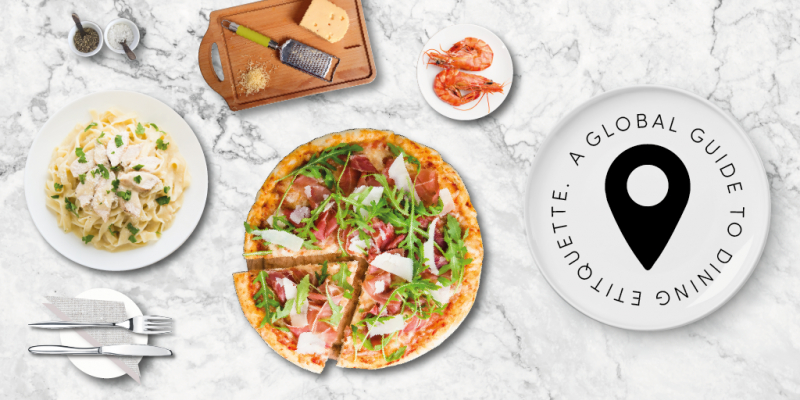
http://theculinarytravelguide.com/ -
New Zealand's drinking culture can be troublesome. Previously, the government sought to enforce good behavior by closing the bars at 6 o'clock. As a result, there developed a culture of binge drinking, when individuals would consume as many alcoholic beverages as possible between work and closing time.
Even though the regulated hours are long gone, binge-drinking continues. This issue is made worse by a casual attitude toward drunk driving, especially in smaller communities without access to public transportation. Don't accept a ride with someone you suspect has been drinking if you have any doubts about it.
Additionally, drinking isn't just a problem for men. On a night out, women are almost as likely to overindulge. In social settings, you might sense some pressure to keep up with the heavy drinkers. In these cases, use your best judgment. Your drunken buddies might tease you for being a "lightweight," but they probably won't remember the night in any case.

https://www.pinterest.com/ 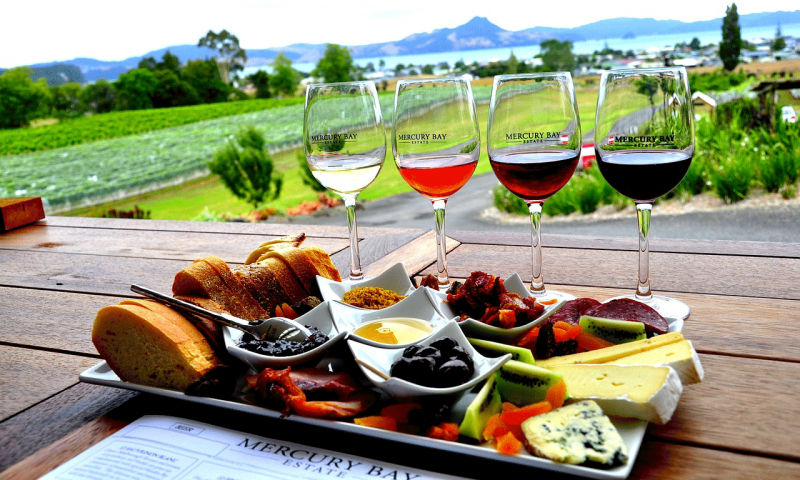
http://skandaholidays.co.uk/ -
Kiwis continue to view themselves as pioneers in many respects. Being so isolated has probably given them the ability to be highly resourceful. They work on their own homes, fix and build items in their sheds, and raise money by selling sausages in front of stores.
When individuals believe they can solve their problems on their own, New Zealanders dislike asking for assistance from outsiders. Although it's a significant part of the Kiwi identity, you could find them to be a little stubborn, especially if you're used to consulting an expert whenever it makes sense.
The value Kiwis place on their life outside of work is another thing you'll notice about them right away. They put in a lot of work, but they also have a lot of fun. They make time for leisure and family, whether they spend their weekends playing rugby or hiking up a mountain.
The culture of the Kiwi is fairly relaxed. The best thing you can do to fit in is to unwind and make an effort to have fun. Two of the most valued qualities among Kiwis are friendliness and humility, and newcomers encounter the most difficulties when they fail to uphold these principles. Locals are more likely to interpret your professionalism or politeness as a condescending attitude. Almost always, a smile is appreciated.

https://www.kilroy.net/transportation 
https://www.kilroy.net/ -
Despite this, Maori are an integral element of modern NZ society. With the exception of a few issue-specific rallies, the racial friction that does exist often remains hidden. As a guest, you'll likely encounter nothing and leave New Zealand with the sense of a culture that is generally tolerant.
Asians now make up about 7% of the population countrywide (about half that of Maori), thanks to immigration from Asia in recent years, primarily from China, Korea, and the Indian subcontinent. However, this percentage increases to over 18% in the Auckland region, suggesting that tri-culturalism in some form may one day be practiced there.
Despite this mixture, the archetypal Kiwi personality is anchored in the desire to improve one's lot in a strange and occasionally inhospitable land. As they perceive the NZ identity to be rooted in self-reliance, resourcefulness, and bravery, tempered by a certain self-deprecating humor, New Zealanders are excessively fond of tales of intrepid small Kiwis succeeding in the face of huge difficulties. "Tall poppies" who work too hard are frequently cut down.
The nation consistently outperformed its peers in international competition, particularly in the sport of rugby, which is a big love in this nation. Despite having a reputation for having a rugby-playing, beer-drinking, predominantly male culture, Kiwis like to point out that their society is open-minded and egalitarian, with hot-button issues like women's suffrage and nuclear-free waters, as well as generally liberal social attitudes. Other hot-button issues include genetic engineering and Japanese whaling.The relationship between New Zealand and its larger neighbor, Australia, provides nonstop entertainment on both sides of "the ditch" (the Tasman Sea). Kiwis and Australians are similar to siblings in that they have frequent disagreements (most of which are harmless jabs), especially in sports, but they are also the first to defend one another in a variety of situations, including bar fights and armed conflicts.
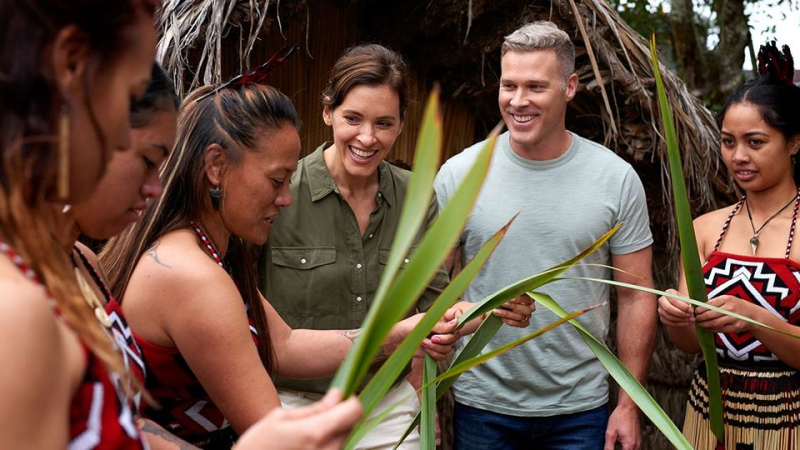
http://www.bbc.com/ 
https://theculturetrip.com/ -
Maori adhere to ceremonial and have specific customs for greeting and saying goodbye to guests. The powhiri process, a formal welcome that takes place on a marae, may be used to practice the welcoming customs if the commercial interactions are with a tribal community (Iwi). Depending on the significance of the event, a powhiri might last anywhere from 30 minutes to 2-3 hours.
The procedure starts by summoning the guests to the area in front of the traditional meeting place. Visitors should proceed in a group and keep quiet, and they should anticipate to react to the caller from the homeowners if they have a responsive caller (usually an older woman). A Powhiri determines who speaks, where people sit within a group, and in what position.
You will typically, but not always, observe that the guys are seated in the front and that only men speak. There is conflict between the sexes on this issue, but in other places it has been settled, therefore both sexes will stand to speak. Always take the lead from the people at home to avoid producing conflict in your business operations. The most revered speaker or elder always concludes the welcoming speeches, which are delivered by the home people's chosen speakers.

https://www.shropshirestar.com 
http://www.whitewolfpack.com




























